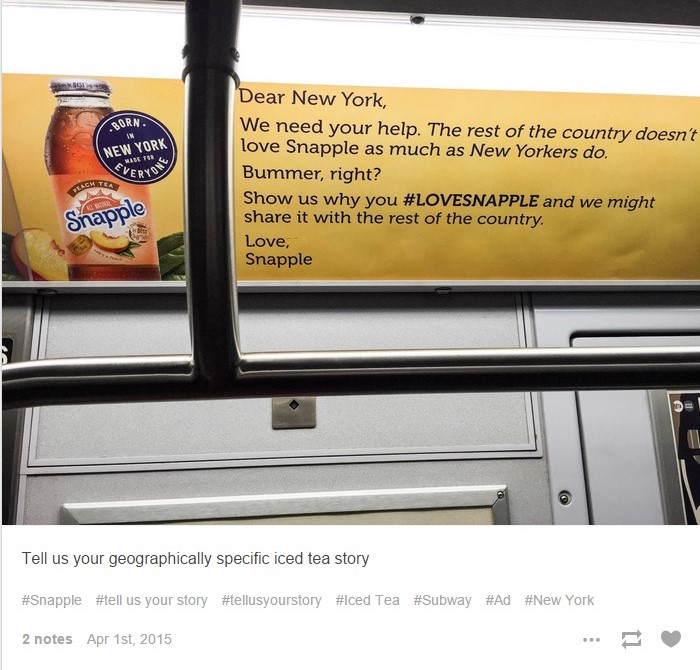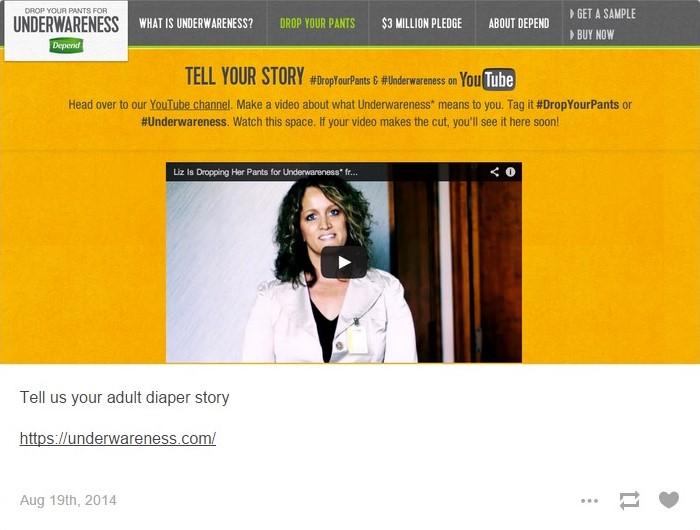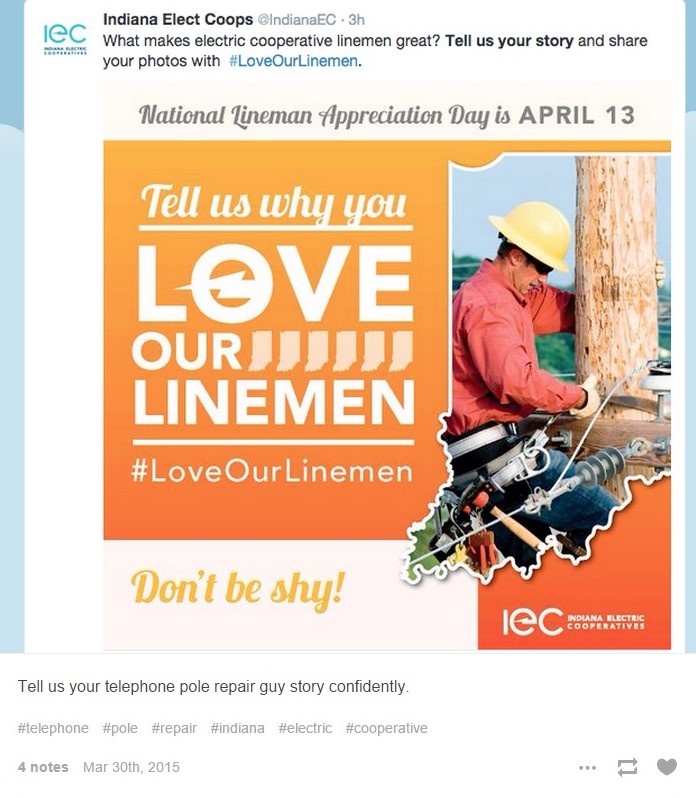You’re at dinner with a big group of your friends. “Guys,” you say, “I want to hear your story about how much I mean to you.”
There’s some awkward laughter. Then a few beats of silence.
“No guys, seriously,” you say enthusiastically. “Really, tell me your story, the one about how much I mean to you. I want to hear your story.”
A few more awkward beats. “That’s kind of self-centered,” your friend Pete says.
“Oh no,” you respond. “You don’t understand. I want to hear your story. I care about you. So much so that if your story is good enough, I’ll amplify it on my social channels.”
Even though it’s completely ridiculous to imagine yourself acting this way, the scenario is still cringe-worthy. Yet, it’s the approach many brands take with their social and content strategies. “Tell us your story!” they plead. Sometimes, the type of story is specified: “Tell us your story about this brand-related thing!”
“Tell us your allergy relief spray story!”
“Tell us your electrical lineman story!”
“Tell us your adult diaper story!”
These calls to action are all real examples captured on the hilarious Tell Us Your Story Tumblr, created by ad copywriter Brian Eden. It’s pretty simple: Just a collection of many, many, many brands demanding that people tell their stories (about brands).
According to Click Z, the idea came to Eden when he was drinking Dr Pepper, which, of course, asked him for his story. “I was drinking a soda, and the can blindly said, ‘Tell us your story at drpeppertuition.com,’ and it seemed really funny to me,” Eden said. “What story were they looking for? My life story, or my soda story? As an advertising writer, I started seeing this trend everywhere, and it occurred to me that it was getting a little silly. All these products wanting to know my story about their products, and I don’t have a Dr Pepper story to share. My story is I bought it and I drank it.”



Scrolling through Eden’s Tumblr, it’s a little shocking to see how many brands employ this lazy strategy, which never seems to work. It’s a bizarrely self-centered request that doesn’t naturally occur in any social context. If anyone did this in real life, they’d never be invited out to dinner again. I’m not sure if some brand advertisers are that delusional about their importance in the universe or if it’s just an easy way for brands to fake a heartfelt social strategy and side-step the challenge of telling people stories about things they’re actually interested in. My suspicion tells me it’s the latter. Then again, I don’t work inside the belly of big brand advertising, so if you do, email me at lazer@contently.com and, you know, tell me your story so I can use it to report a story people hopefully find interesting.
Image by
G-stockstudio